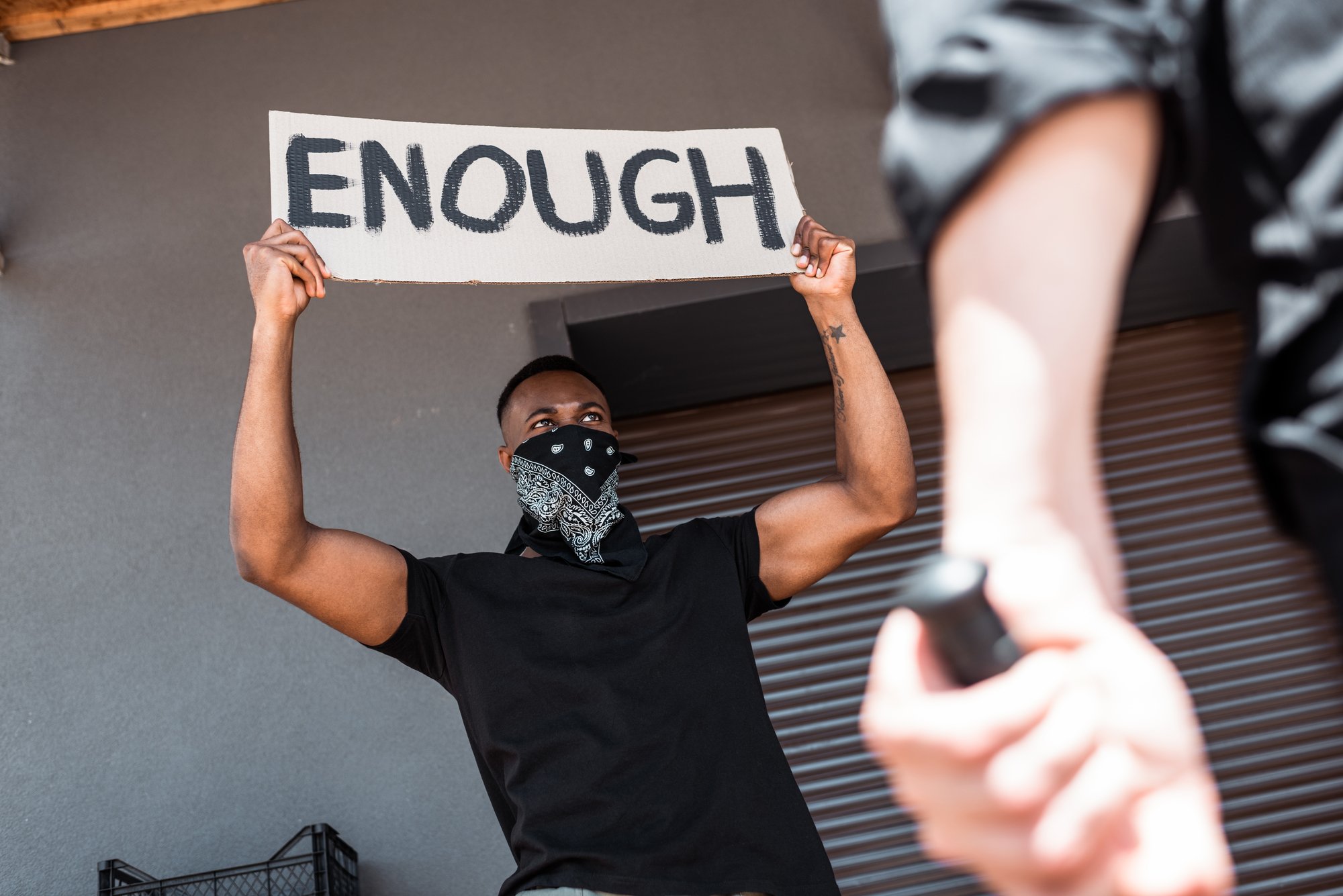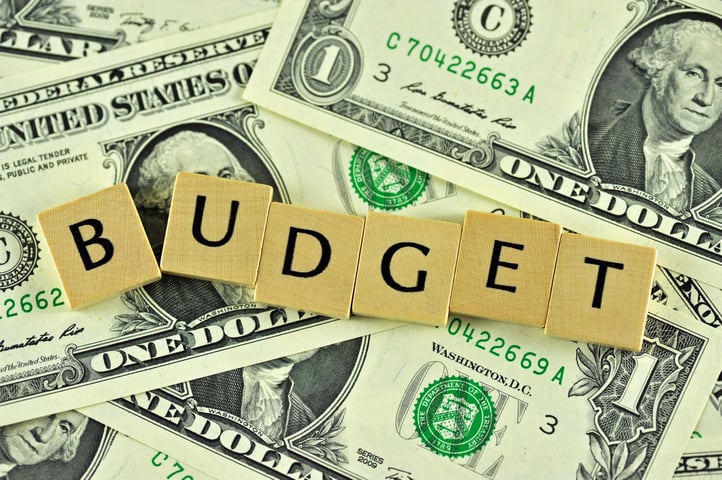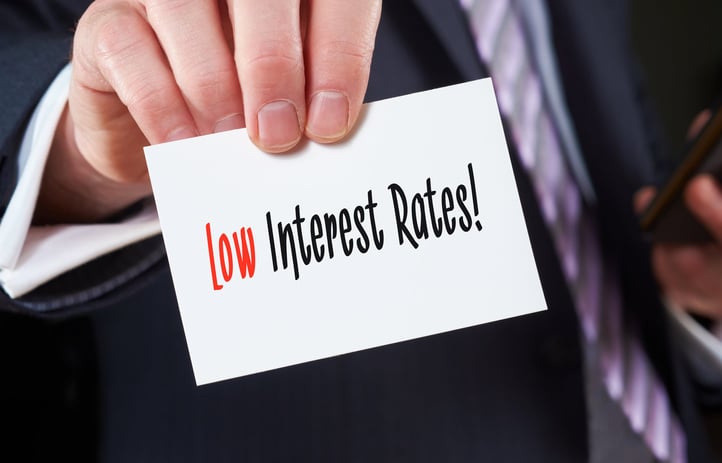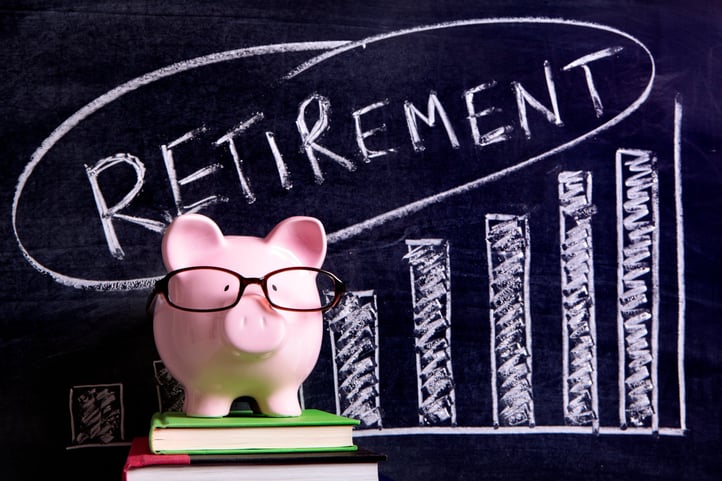Before we go into the new year, it's important to remember where we came from to understand how far we still have yet to go.
Being Black in America is a complicated struggle that many don’t understand. When it comes to success, the cards are often stacked against our community. While there are always those who manage to find some measure of success within the system, that doesn't change that the odds are—more often than not—not in our favor.
 How can this occur when we’ve made some great strides to remove racial bias and prejudice from society? The reality is that systemic racism is still so deeply entrenched in our everyday interactions that it’s difficult to see on the surface; you have to do a deep dive to get to the root of the issue. These inequalities are certainly rife within the financial sphere.
How can this occur when we’ve made some great strides to remove racial bias and prejudice from society? The reality is that systemic racism is still so deeply entrenched in our everyday interactions that it’s difficult to see on the surface; you have to do a deep dive to get to the root of the issue. These inequalities are certainly rife within the financial sphere.
Ownership of property is a critical necessity for the Black community. When you own land, vehicles, and homes, you have more power. The more that Black people accumulate this type of power that has been historically denied to us, the more we fight back against barriers to equality. Ownership of property is the foundation for having a voice in this country—and make no mistake about it, it's much harder for Black citizens to acquire pieces of the 'American Dream' that are often taken for granted.
- It is a component of the system that you can only accumulate property or have the purchasing power to obtain it if you have good credit.
- When your credit is compromised, you cannot achieve these goals; this is where the Black community often takes a hit.
We Need to Know Our History
You may inherently have understood how racism can impact your credit score when you first start seeking credit help. However, actually uncovering an answer requires a better understanding of our shared history as a people.
- Financial inequality that the Black community still struggles with today when it comes to good credit is in part due to an old practice called 'redlining.'
- This racist practice deemed predominantly Black neighborhoods as 'too risky' for mortgage loans. As a result, our neighborhoods became prime targets for predatory lending and rental housing.
- Even though redlining is illegal today, the impact of this policy didn’t suddenly vanish. People are still stuck in the system inherited from their parents.
 How does this impact the Black community? You can see how challenging it can be to grow and maintain good credit when your only option is a predatory lender or you're stuck living perpetually in a rental home.
How does this impact the Black community? You can see how challenging it can be to grow and maintain good credit when your only option is a predatory lender or you're stuck living perpetually in a rental home.
- In addition, history shows us that when Black borrowers do fall behind on their loans, they are taken to court and have a worse outcome than their counterparts. Debt-collection lawsuits add yet another blemish to a credit report already hampered by social injustice.
- It's well known that the criminal justice system also targets our community, causing a disparity in convictions over similar offenses. Consequently, any criminal infractions harm your credit score as well.
All these factors impact our credit—which, in turn, limits our power as a people. Having good credit is essential for daily life in this country—but it is especially relevant for the Black community.
Sometimes, reaching this point with your own credit may require credit help. With credit repair, you can proactively take your power back by clearing up negative items on your credit.
At Credit Diva of Dallas, we understand the struggles you face every day: we are a Black-owned business—and proud of it! We make it our mission to ensure our community has the same opportunities to achieve their future goals as anyone else. If you're ready to take your power back in the new year, it's time to get in touch with your Divas.






